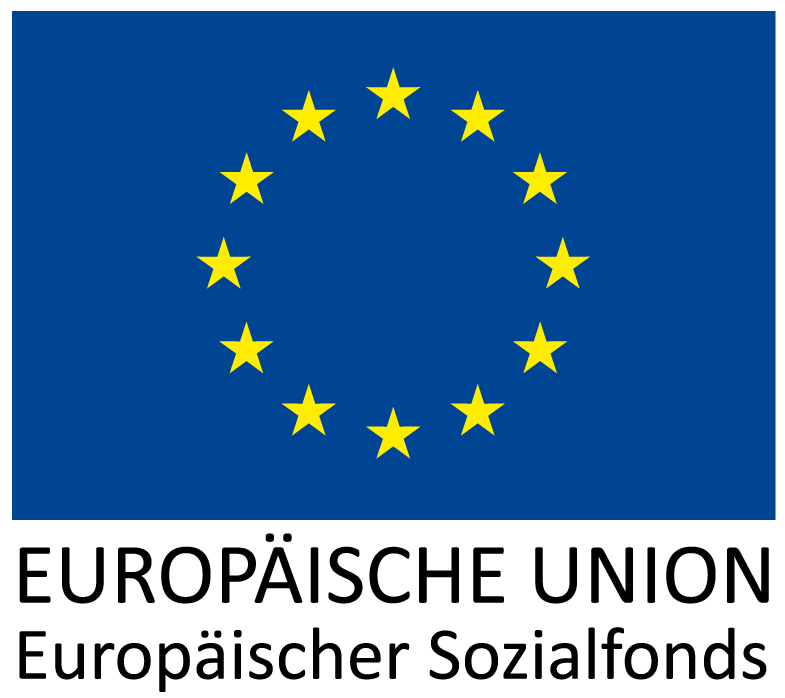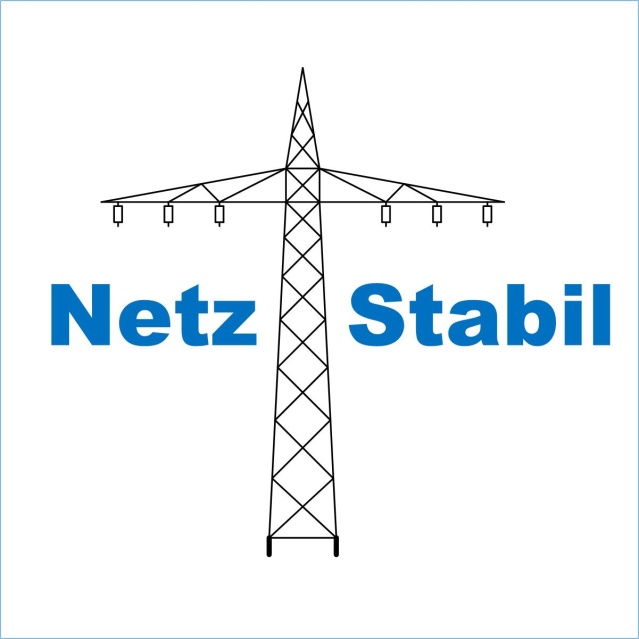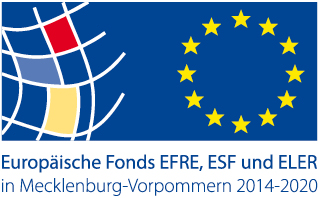Collaborative research at Stralsund University of Applied Sciences, University of Greifswald and University of Rostock on grid stability with wind and bioenergy, storages and loads under consideration of an optimal sector coupling
The research association "Netz-Stabil" was chosen within the selection procedure of the Excellence Research Programme of the State of Mecklenburg-Western Pomerania. The Excellence Research Programme supports young scientists in particular and aims to strengthen the state's cutting-edge research further. The financial means are provided by the European Social Fund (ESF) for the current funding period 2014 to 2020.
The energy revolution on the generation side and technological changes on the consumer side are leading to a deterioration in the stability of the interconnected electrical grid. Fluctuating feed-in of regenerative generators jeopardises the balance between generated and consumed power. On the consumer side, the increasing use of inverter-fed drives leads to a weakening of the coupling between grid frequency and power consumption, and thus to a reduction of the grid attenuation. The research project is dedicated to these problems with particular reference to Mecklenburg-Western Pomerania.
The research association is characterised by a large number of participants from various institutions. It includes lawyers and economists from the University of Greifswald, engineers from the University of Rostock and the Stralsund University of Applied Sciences and theologians from the University of Rostock. This means that different disciplines at different locations as well as various fields of work within one location and the same fields of work at different locations work together. This broad range of activities enables an interdisciplinary dialogue and promises to be of great benefit to all parties involved.






